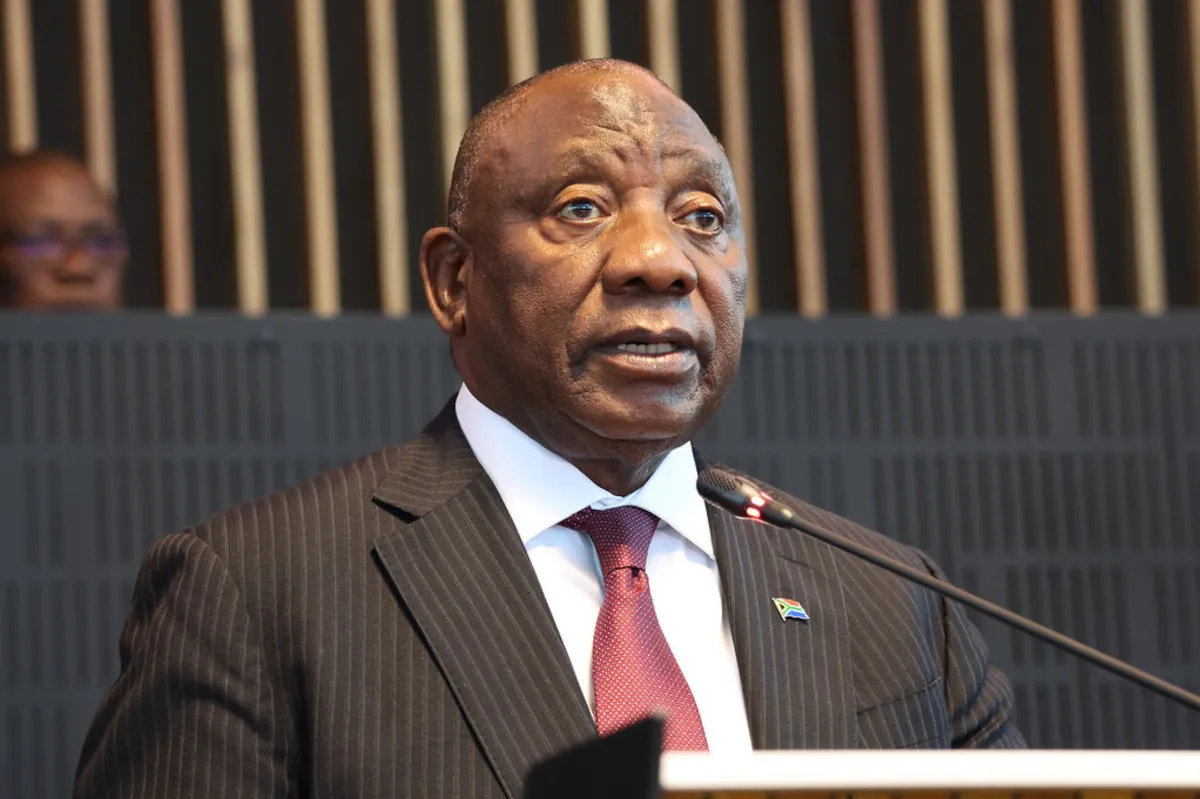
Ramaphosa signs two new laws into effect in South Africa
South Africa officially implemented two new laws, ushering in reforms for police oversight and language policy.

Two long-awaited laws have officially taken effect in South Africa, introducing major reforms in police oversight and language policy.
President Cyril Ramaphosa gazetted the commencement of the 2024 Independent Police Investigative Directorate (IPID) Amendment Act, excluding five sections, and operationalised the 2014 South African Language Practitioners’ Council Act after an 11-year delay.
IPID Reform Strengthens Police Accountability
The new IPID Amendment Act implements key aspects of the 2016 Constitutional Court McBride ruling, which aimed to ensure the directorate’s institutional and operational independence.
The Act strengthens parliamentary oversight and blocks political interference, particularly in decisions concerning the IPID’s executive leadership.
Key provisions now in effect include:
- IPID is now mandated to investigate all allegations of rape and deaths involving SAPS and municipal police, regardless of whether officers were on or off duty.
- The amendments close legal loopholes and bring the law in line with Constitutional Court directives demanding greater transparency and independence in police oversight.
The new policing law comes amid growing controversy within the South African Police Service.
In July, former KwaZulu-Natal police commissioner Lieutenant-General Nhlanhla Mkhwanazi accused a criminal syndicate of infiltrating law enforcement and intelligence structures, claiming that Police Minister Senzo Mchunu tried to obstruct investigations.
President Ramaphosa responded by:
- Placing Mchunu on special leave,
- Appointing Professor Firoz Cachalia as Acting Police Minister,
- And launching a special inquiry into alleged police corruption, led by retired Deputy Chief Justice Mbuyiseli Madlanga.
The commission, however, has been delayed due to logistical issues involving the procurement of necessary infrastructure.
Language Practitioners’ Council Finally Established
Also now in effect is the 2014 South African Language Practitioners’ Council Act, formally creating the South African Language Practitioners’ Council as a juristic body.
The Council will:
- Regulate and accredit language practitioners,
- Enforce ethical and professional conduct standards,
- And support the government’s constitutional obligations around multilingualism and linguistic inclusion.
To promote equal access to information, education, and public services, the law will strengthen the language services sector. Legal analysts and civil society organizations have welcomed the new legislation, though they remain concerned about the 11-year delay in enacting the Act.
Broader Significance
South Africa’s recent legislative developments show the country’s efforts to address structural issues in governance and improve accessibility and accountability in public institutions.
Although the long delays have drawn criticism, both reforms are considered vital for strengthening democracy, protecting vulnerable communities, and building public trust in government systems.
